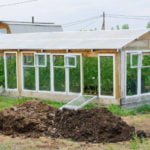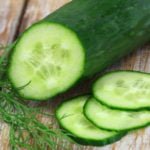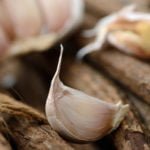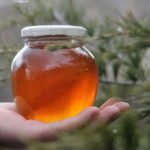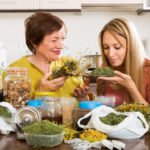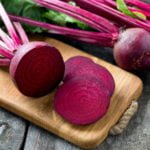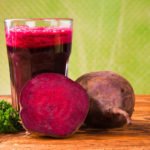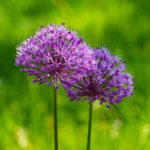When you need a doctor?
Let’s be honest: not all dacha villages can quickly receive an ambulance. Many cottages are quite far from their hometown, and they simply do not know where to go for medical help. In addition, if the symptoms of the problem are not clearly expressed, there is always hope that you will be able to cope with the problem on your own and “not ruin the weekend” for the whole family. Therefore, while in the country, we are in no hurry to go to the doctors, unless there is an urgent need.

But if the condition is accompanied by the symptoms listed below, , then be sure to seek medical help:
- the temperature rose above 37.5 degrees (99.5°F);
- severe vomiting and diarrhea last 1-2 days, and their intensity does not decrease even after taking the sorbent and diet;
- the standard symptoms of a gastrointestinal disorder are accompanied by headache, dizziness, a rare pulse, and difficulty breathing;
- symptoms last a week or more;
- if diarrhea and vomiting occur in a child or elderly person.
Try to find out in advance where and when you can seek medical help in your region, and duplicate this information on several media (in your phone, in your notebook, on a sticker on the refrigerator, and in your wallet). Most likely, you will not need this information, but if something happens, you will be able to act faster and more calmly.
There is one caveat: intestinal infection is preferably treated under the supervision of a doctor . The question arises: how to distinguish poisoning from intestinal infection? Unfortunately, it is almost impossible to independently draw a conclusion about infection or poisoning. Although there is a difference between intestinal infections and poisoning:
- intestinal infections are easily transmitted from person to person (through unwashed hands, dishes);
- poisoning, of course, is not contagious.
However, in a situation where all the family members ate the same thing, it is difficult to know whether there was an infection or poisoning. If you suspect an infection, contact your doctor!
What to do in case of poisoning or intestinal infection?
- Take sorbent (2-3 times a day)
The sorbent is taken at the first symptoms of intestinal problems. No other medication or food should be taken for an hour afterward. As a suitable option, consider liquid coal based on pectin. Pectin binds poisons of both inorganic (pesticides, heavy metals) and organic (bacteria and their waste products) origin and removes them from the body. At the same time, the sorption capacity of pectin is ten times higher than that of activated carbon.
A child can take a special liquid charcoal for children, which tastes better than other sorbents, but is not inferior in effectiveness, as evidenced by the results of clinical studies.
It is important that the liquid charcoal begins to act faster than the tablets, because, unlike them, the drink does not need to dissolve in the contents of the stomach. Also, thanks to the liquid form of reception, liquid charcoal helps to combat dehydration. And liquid charcoal is enhanced with a prebiotic to normalize the microflora in the digestive tract, which is affected by intoxication.
- To combat dehydration
Today, there are various means for oral rehydration for poisoning and intestinal infections. You should also drink pure water or weak and unsweetened black tea.
Remember: antidiarrheal medications are undesirable. They stop the natural process of cleansing the body, while toxic substances remain in the body, increasing the intoxication of the body.
- Refrain from eating
At least 6 hours on the first day, you need to give up food.
Diet with poisoning
The first food you can afford is white bread crackers. Then you can move on to slimy rice or oatmeal soups. On the second day, if you feel well, you can eat some white chicken meat, boiled or in the form of steamed cutlets.

Two weeks after poisoning or intestinal infection, it is necessary to refrain from fatty and spicy foods, foods with a high sugar content, heavy proteins (for example, beef). In case of intestinal infection and poisoning, you should not eat fruit for at least a week – they provoke fermentation and can cause abdominal pain.
Prevention of food poisoning and intestinal infections
1. If you have any doubts about the quality of the products or the finished dish, do not recycle them, but throw them away!
2. Be sure to thoroughly wash vegetables and fruits before eating.
3. Keep track of the shelf life of purchased and self-prepared products.
4. Do not buy food in questionable places.
5. Do not leave ready-made products, berries and fruits in the open air.
6. Protect your food from flies and other insects
7. Wash your hands thoroughly with soap and water, especially after gardening.
8. Boil the water you drink, wash your fruits and vegetables with it, and brush your teeth.
9. Avoid foods grown with large amounts of nitrates and pesticides. If you buy fruits, vegetables, and berries, it makes sense to buy a portable nitrate sensor.
We also recommend reading:Poisoning and intestinal infections in the country: Causes, first aid, prevention (Part 1)

